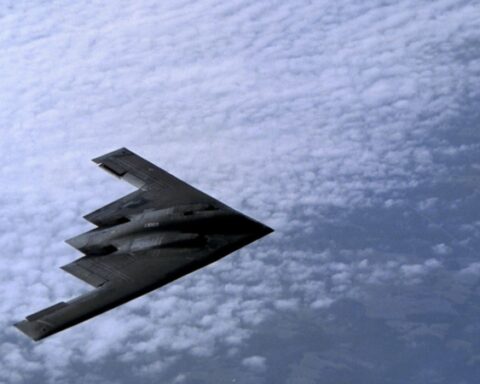Iran has been identified as the central actor in all Middle-Eastern armed conflicts. Since the October 7 attacks on Israel, fighting has broken out in Gaza, Yemen, Lebanon, Iraq, Syria, and Pakistan. One side in all of these conflicts is being directly supported by Iran.
Since the 1979 Revolution, Iran has been isolated from most other international actors. It has had to focus its energy on defeating insurgents at home and propping up militias abroad. While this makes it one of the strongest regional powers, it also makes it vulnerable to outside attacks. The NY Times explains:
At every flashpoint in a set of conflicts spanning 1,800 miles and involving a hodgepodge of unpredictable armed actors and interests, there’s been a common thread: Iran. Tehran has left its imprint with its behind-the-scenes-backing of combatants in places like Lebanon and Yemen, and with this week’s direct missile strikes on targets in Iraq, Syria and Pakistan.
The Iran connection stems partly from Iran’s decades-long efforts to deter threats and undermine foes by building up like-minded militias across the Middle East.
Iran uses its Islamic Revolutionary Guard Corps to wage proxy wars in the region. In Iraq, it has repeatedly attacked US troops with missiles and mortar attacks using Shia militias. It also claims to have attacked secret Israeli outposts in Kurdistan. The Hill continues:
But thoughts and prayers are not going to stop the IRGC from waging its current war against the U.S. Also left unsaid by Miller was that Iran rejected the private message Biden delivered last week after he authorized the Joint U.S.-UK strike against Houthi targets in Yemen. It is business as usual and could potentially widen the war in the Middle East.
Notably, the Biden Administration continues to avoid striking IRGC targets. Israel is showing no such restraint. If the building struck in Erbil was a Mossad facility, it was likely intended to provoke a response from Israel — possibly to strike Iran directly, forcing the U.S. to intervene and dissuade its ally.
Iran itself has also suffered an attack on its own territory, claimed by ISIS. The regional warfare will most likely continue until the Gaza war ends. Iran, however, is too powerful for the US to invade with its current strength and commitments across the globe.
READ NEXT: Israel and Hamas Strike Small Deal









